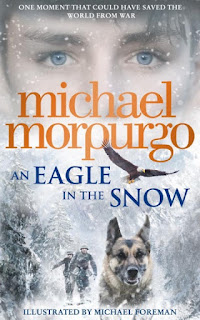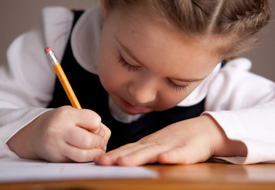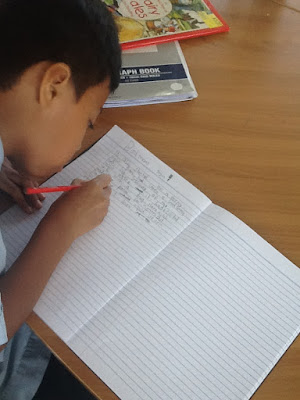Realistic Fiction-Time To Get Real

Realistic fiction is a genre that doesn’t get the attention it deserves. It’s there under our noses, yet the writing of other genres and styles is more frequently encouraged. It’s perfectly legitimate to use a real life event as a starting point for a realistic fiction writing piece. I have put together some possible ways to use a real event as a launching pad for a fictional piece. Kids also need to know that they can combine aspects of various real life events and mix them into the one story. Ask students to: Make a list of at least five real life events (funny, exciting, weird, scary) that have directly affected them. Choose one to use as the starting point for their ‘made up’ story. This becomes the impetus for the writing that follows: Find an alternative problem for the characters to solve Change the names of characters. Add additional characters to a real event Change how characters talk, behave or react. Change the setting where the action takes place....



